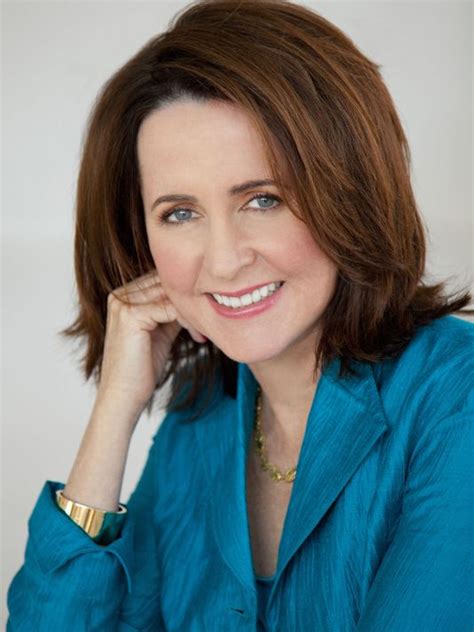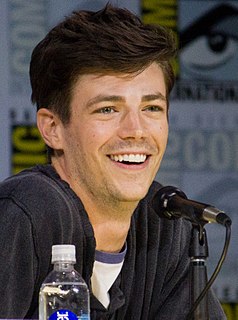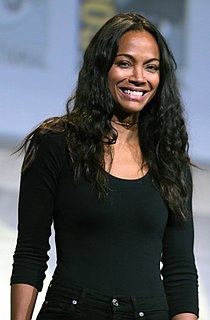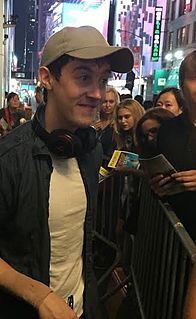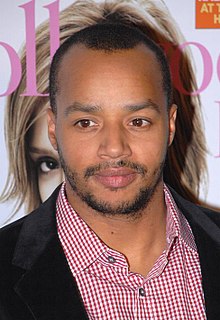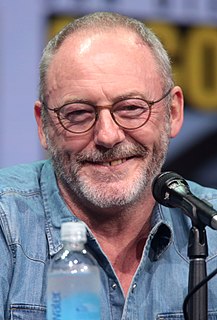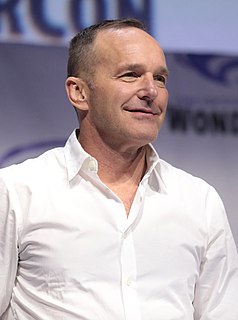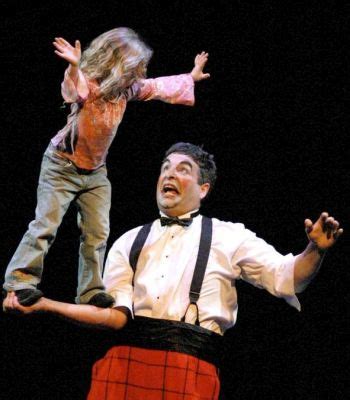A Quote by Julianne Moore
You always absorb a lot from a great actor. What you want, as an actor, no matter where you are in your career, is a partner who's going to bring everything they have to the scene.
Related Quotes
The acting background helped a lot when I started writing. I was training for it. In acting class they teach you about the stakes in a scene (and) what motivates characters. When you bring a scene to class - as an actor with your scene partner - you have to do everything. There's no producer, set decorator or anything like that. You and you partner have to do everything and that's kind of like facing the blank page as a writer.
It's crazy, it's different. It's what I wanted, but it's different. It's not exactly what I wanted, you know what I mean? If you become an actor you want to be a successful actor; but with success comes a lot of things. Some of it's great! It's great to be able to pay your rent from the work that you do.
I don't want to take shots at professional actors, because obviously the great ones are great. But I do think that given the kind of stories I've been telling in my films, it's hard for me to imagine how professional actors would have done better. And it's easy for me to imagine how they would have done worse. Because I think a lot of what an actor is trained to do and a lot of what an actor's instincts point toward is clarification, is always making it clear what's happening in the story, how the character fits into the scene, what the character wants.
I love performing. I love doing improv. It's a totally terrifying experience, but it's something that I've always felt so strongly about and that I'm kind of obsessed with. And just as an actor, it's a great exercise. It's a great playground, you know, to try things out and to work on your skills. Because the mandate of improv is kind of the same as acting: It's all about your scene partner, it's all about being present and in the moment and exploring together as a team, a collaboration.
Do what you want I don't care. That's the thing to say to an actor. Most people don't understand that. Not to manipulate them. That's what you say to an actor. You got a problem with the whole environment in doing that? Fine, what are we going to do to make the scene work? Now you have someone on your side. Now you have someone working with you.

